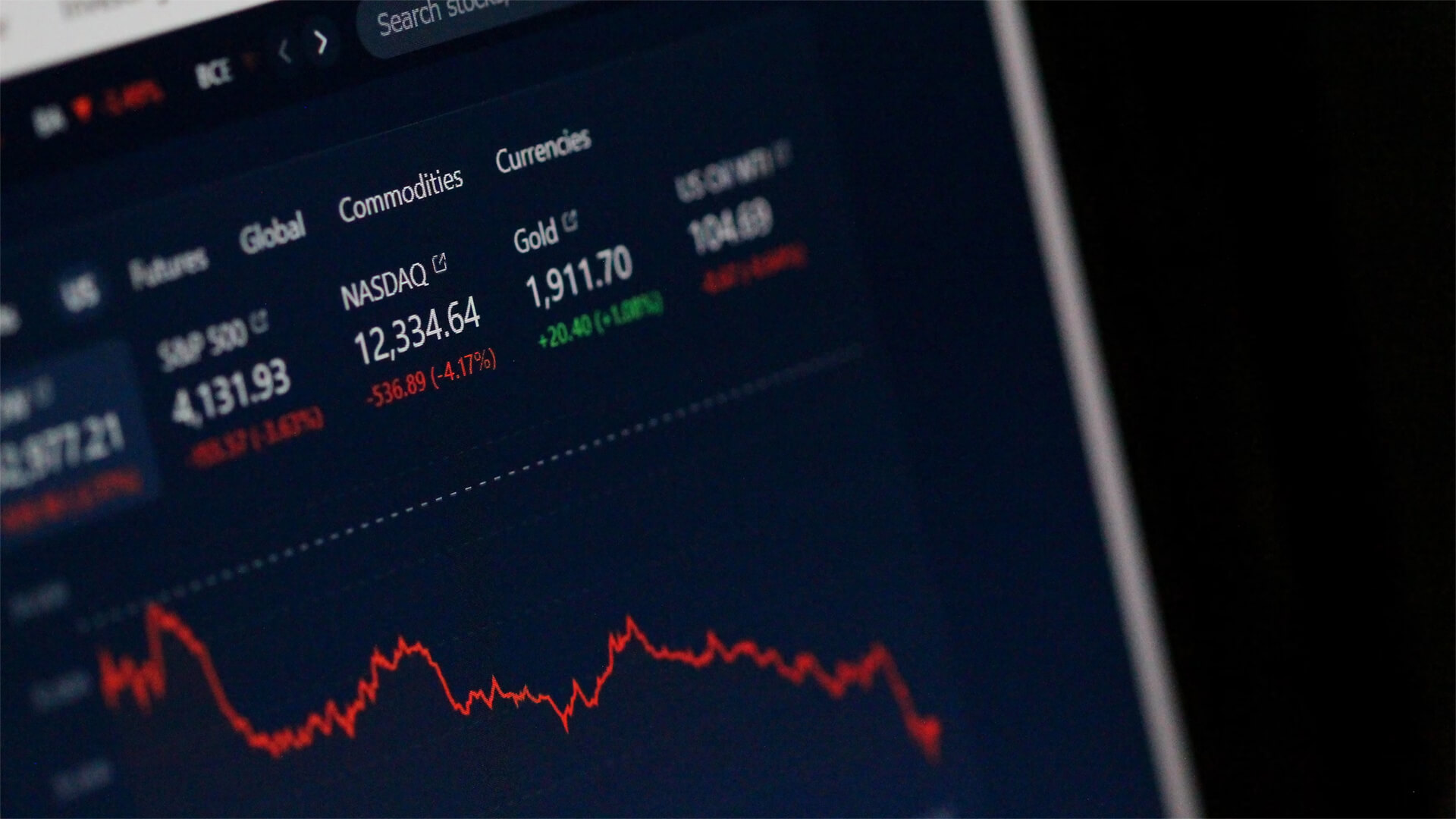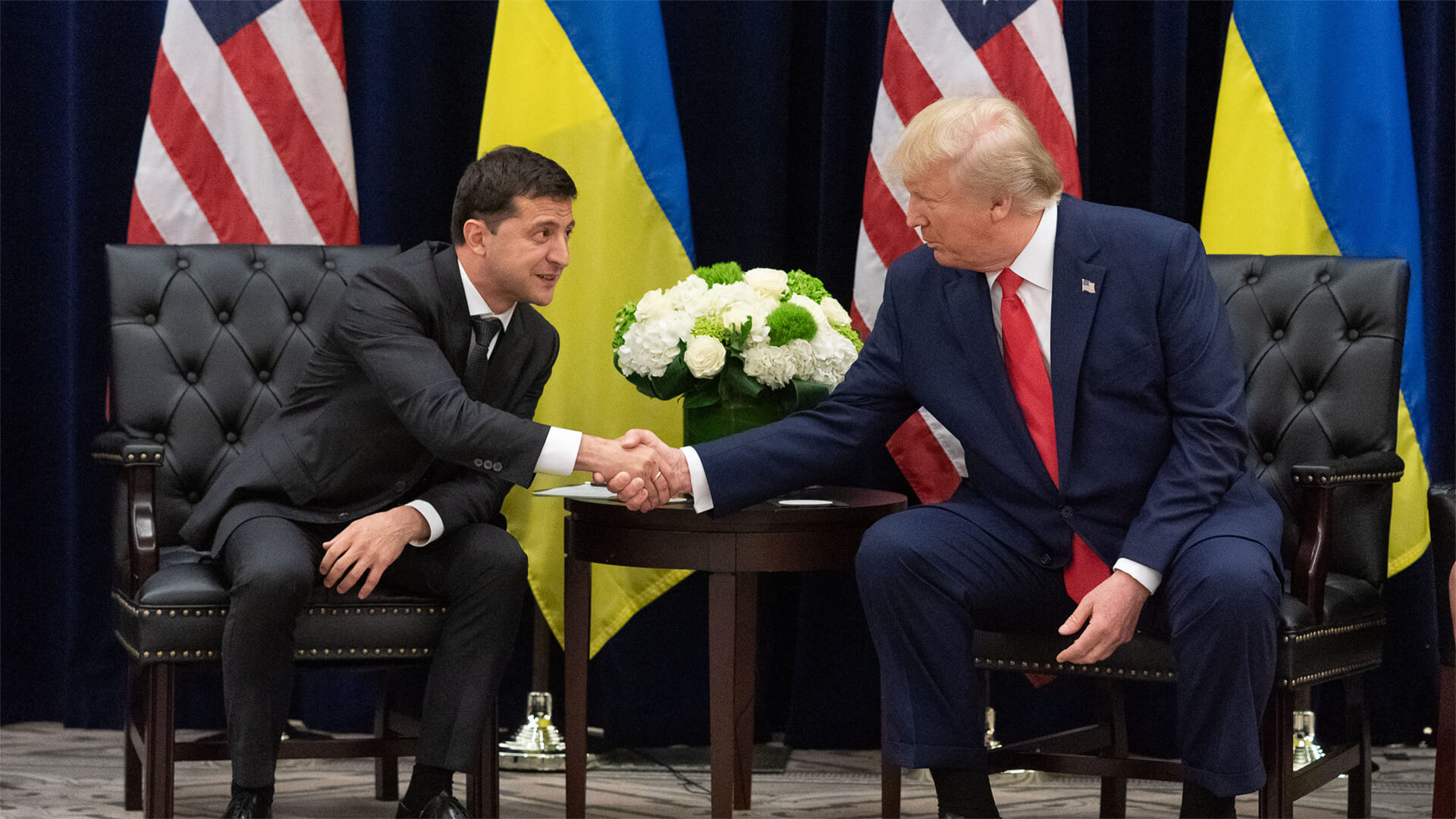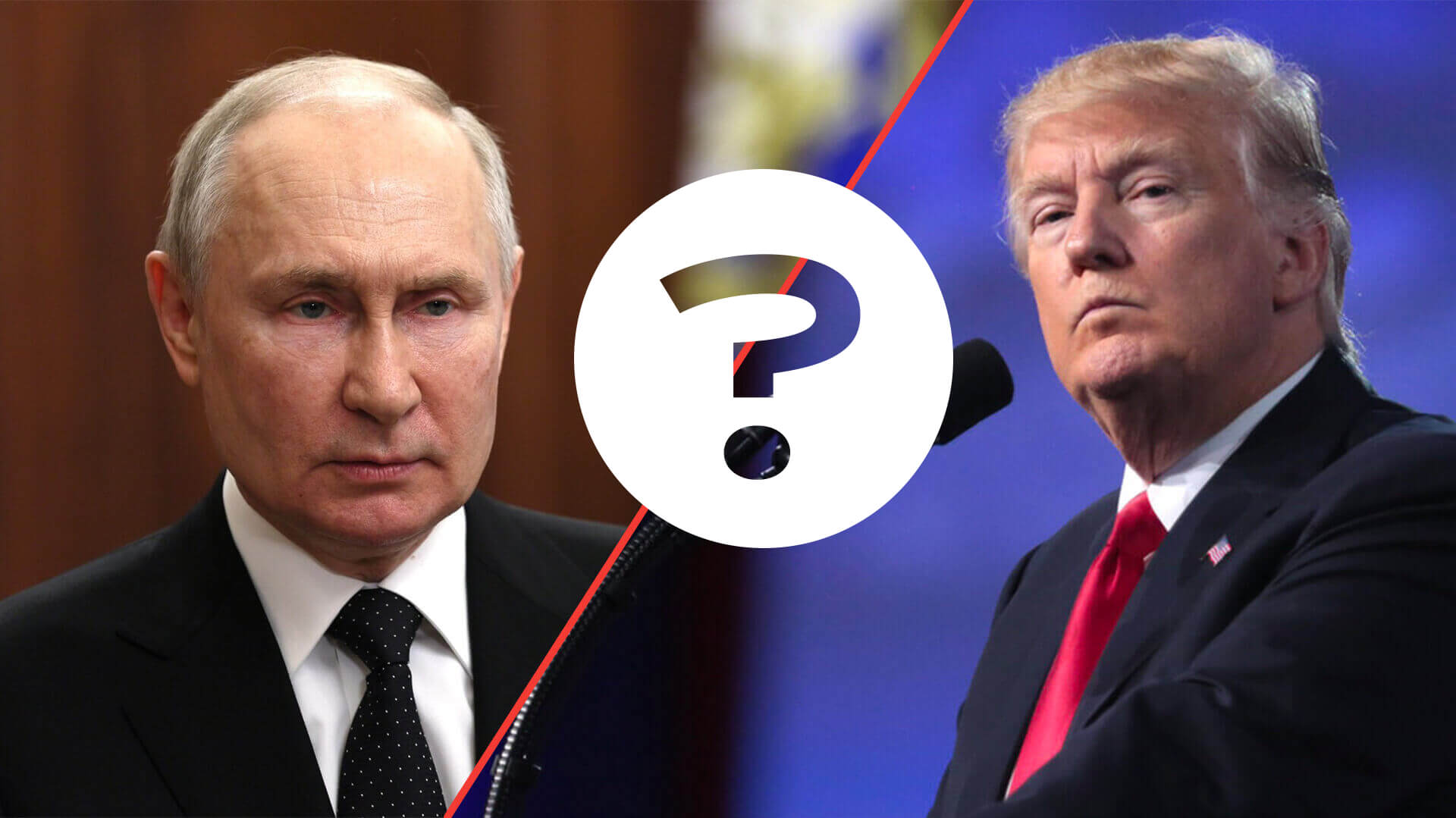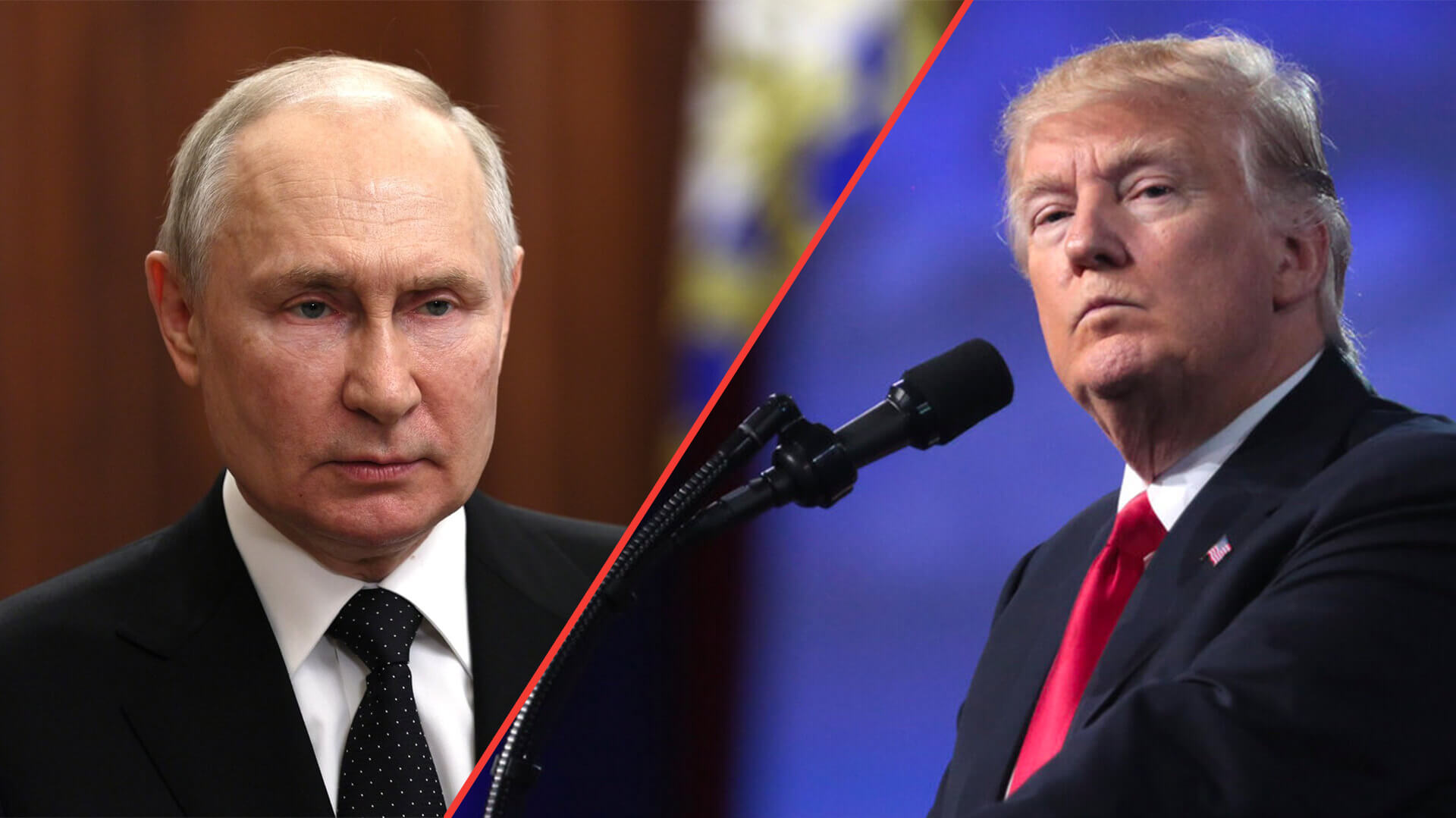Hey all Peter Zeihan here. Coming to you from Colorado. Today we’re taking a question from the Patreon page, specifically about Doug Burgum, who is the new Secretary of the interior under the second Trump administration. And the question is basically, Burgum seems to have devolved from an all of the above approach to energy to just fossil fuels, just oil and gas. Why is that? And should we care? I think that’s broadly an accurate assessment, but he’s not doing it for ideological reasons, despite the fact that he’s in the Trump administration’s, Burgum basically is saying that oil and gas is more reliable for the environment that we’re in right now, and we need to unlock the federal lands to get as much of it out as possible.
So let me talk about why he’s probably right and then why he’s probably wrong. So first the correct. We’ve seen the cost of financing go up by a factor of roughly five, in the last six years. And that means if you are looking to borrow capital, everything just costs more. So, for example, take mortgage. I’ve owned my house since before the transition, so my mortgage rate is 2.5%.
You know, eat your heart out, Millennials. Today the mortgage rate are above seven, and they’re probably only going to be rising for the remainder of the decade and well into the next one.
So let’s say just to pick numbers that your mortgage today is 8% compared to my 2.5%. That means your monthly payment on a 30 year mortgage is a little over twice what I pay.
So whatever the house is you are looking at, suddenly you’re looking at having to pay twice as much and that entire increase is all extra interest. Well, most green tech projects, whether it’s solar or wind or biomass or whatever else, don’t have very high fuel costs. Everything is the upfront, construction, the land siting, the physical construction, the labor for that.
And that tends to be roughly two thirds of the cost of the entire project. If you compare that to a conventional natural gas or coal system, a thermal system, most of the cost, roughly two thirds is fuel, and only about one fifth of the cost is that upfront construction. Well, the upfront construction is something you have to finance.
So you’re talking about a project that already had a much higher financing, burden. And now you’re roughly doubling, if not more, the cost of the project over its life. Now, I have solar panels on my roof. They paid for themselves in four years. But part of that is because of where I live. I live at 7500ft. And that means I live above an elevation where 99.5% of other Americans live.
So there’s very little air, much less moisture, much less cloud between me and the sun. In addition, ambient humidity in my neck of the woods is about 15% versus the national average of over 60. About 90% of Americans live in a place that’s more humid, so I’m closer to the sun. I have less obstacles, the humidity doesn’t get in the way, and so I was able to pay for my panels in four years because the amount of electricity we generate, you drop down to where I lived in Austin, where the humidity is much higher and I was only at about 1000ft.
And the break even for those panels took closer to I think it was nine years. If you moved to say, New York out of the city, you’re talking about much higher humidity, much lower solar penetration, much lower altitude and your break even time if you’re lucky, is going to be in the 11 to 14 year range.
That was when interest rates were cheap. Now you need to double that, maybe even triple that. So there really aren’t a lot of places in the country that have a decent economic payback for wind and solar in the current environment. I live in one of them, but like I said, 99.5% of Americans live below me and 90% of Americans live in a place with lower humidity.
So I am not the norm here. Still works here, still works in Colorado, still works in North Dakota. Burgum should know North Dakota isn’t just a leading oil and gas state. It’s a leading wind state. But you change the rules of finance like we have and that doesn’t help very much. And so most projects in most of the country just aren’t economically viable in today’s capital cost environment.
And that’s before you consider that the vast, vast, vast majority of the solar panels we use in the United States are imported from China. And so now there’s a tariff, tacked on top of that, that at the moment is 55%. But by the time we see this, I’m sure that number is going to change. Oh, okay. So that’s where it becomes probably right.
Solar and wind, at least for now, are offline unless there’s a significant change in the environment, whether because of the technology, the manufacturing base or the cost of financing, it’s really not going to be a big part of the picture in the United States for the rest of the decade, and probably throughout the next one where he’s wrong.
Federal lands. Okay, federal lands by almost default, have very little infrastructure on them. You’re talking natural forests are, for the most part, in addition, because they’re federal lands, they have not been exploited for economic purposes aside from logging here and there. And there’s very, very, very little oil and gas development on them at all except in the offshore, which is a special case, maybe a topic for another time.
One of the things that we’ve learned about the shale revolution is that the states control most subsoil rights. They can be privately held, but the states control the regulation on federal lands. The subsoil rights are all federally held. They are not controlled by private interest. So step one, there is no one who would get involved in the project who has a personal financial reason to push it.
If you want to go on to federal land, you have to get a lease that costs money. So already you’ve got that layer of cost built in that does not exist in, say, the Permian in West Texas or the Bakken in North Dakota. Problem number two is infrastructure. One of the reasons that the Permian in the Bakken had been such successful oil plays in the shale revolution is because a lot of the infrastructure was already there from previous oil booms, and for the first roughly decade, they were just putting new oil into old pipes.
It’s only in the last decade that they’ve actually had to build more physical infrastructure. For takeaway capacity. You want to produce oil or gas in federal lands. You have to build that infrastructure from scratch. And most of these places not only don’t have pipes, they don’t have roads. Third problem information, because the Permian in the back end were preexisting fields, there had been preexisting geological surveys of them.
There was some place for the shale guys to start. You want to do this in federal lands, you have to start from scratch. Fourth regulation Texas, North Dakota A handful of other states have a relatively encouraging investment climate for oil and gas because they have decades of experience. The federal government doesn’t have that on most federal lands, and so they’re gonna have to make it up as they go.
Now, could this Trump plan for massive deregulation make a difference? Sure. But consider the scale on the time in Texas. If you want to drill from the point you submit your permit, 99% of permits are approved or denied one way or the other within 48 hours. In the United States, on federal lands, it generally takes 230 days. Now, when Trump won, they got that down to 220 days.
But the bonfire of regulation that would required would first require the Trump administration staffing up the senior staff of the various departments in order to figure out which regulations to keep and lose. And that process has not yet begun, and we are already in July at five. Oh my God, it’s only been five months. Holy crap. Anyway, if all of these pieces were to magically fall into place today, you build your roads, you start your seismic surveys, you start building the pipeline infrastructure with money you have not yet earned.
Then you start drilling. You would expect to see first meaningful output of oil and gas from the federal lands. Assuming that the surveys show that there was oil and gas there. Let’s call it 2040. Texas wasn’t made in a day. It took a century to build Texas’s oil platforms and what it is now, you’re not going to wave a magic wand to make it all happen overnight.
So wind and solar, most places. Yeah, that’s for the past. That’s for the far future. When? When gas on federal lands. I wouldn’t hold my breath on that one, but I don’t think we really need it. The United States already produces more oil and gas in any country in history. In fact, we export an extra 5 million barrels per day of refined product.
We export more finished product, gasoline, jet fuel, and the rest than any three countries in world history have ever produced. Raw crude. That’s already the best in human history. I really don’t overly feel the need that we need to do more, unless you want to do it for geopolitical reasons. And this is where Bergmann gets kind of interesting from my point of view.
He has emerged as a voice in the foreign policy establishment on the topic of energy dominance. Now, that is for the most part, just a bunch of bunk that Trump likes to say from time to time that has never actually been put into any meaningful policy. But Bergen’s idea is to deliberately drive specific oil producers and exporters out of the market, and then displace them with American crude.
And the country that he is most interested in doing that, too, is Russia. He wants to crack down on the Russian shadow fleet, which is using under or uninsured old leaky tankers to send roughly 3 million barrels of crude a day around the world. He wants to break any pipeline connections. The Russians have to the outside world, and then he wants to steadily ratchet up sanctions so that they can’t keep the existing oil fields that they had going.
That’s really interesting. That could take us a lot of fun places. And since in an American shale context, it only takes 6 to 12 weeks to bring in a new oil well online, it could be done with a relatively limited impact on international markets, all else being equal, which of course, they never are. But it has put him at a crossroads with most of the people that Trump listens to on foreign policy.
Basically right now, the inner circle doesn’t include the secretary of state, Rubio, who’s basically been banished after Foggy Bottom and isn’t allowed into the meetings. You’ve got some of Trump’s buddies from New York real estate. And we’ve basically been wrapped around the little finger of Vladimir Putin.
You’ve got the director of National Intelligence, Tulsi Gabbard, who, if she’s not working for Putin, is probably a clone of him. And now we have Laura Loomer, who has basically taken over as de facto national security advisor. Laura Loomer is basically a, a far less competent version of Hillary Clinton. So she’s mean. She wants to kill people, but she doesn’t actually know anything about what she’s talking about. So, you know, you put that together and all of a sudden you’ve got this former governor of North Carolina who walks in like numbers and facts and history and economics matter. It’s an interesting room.












